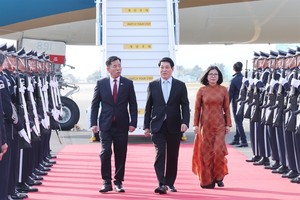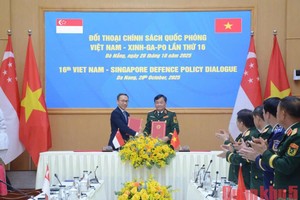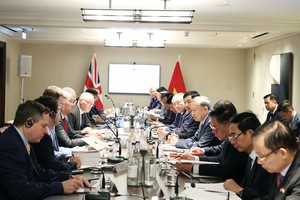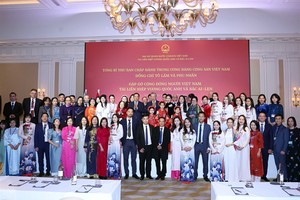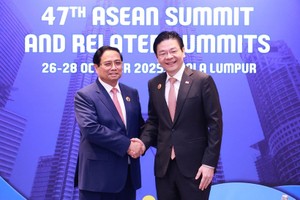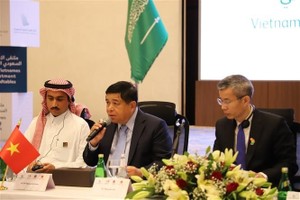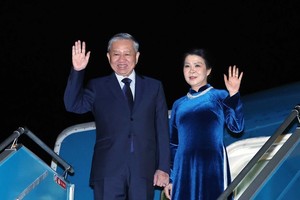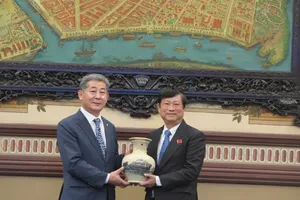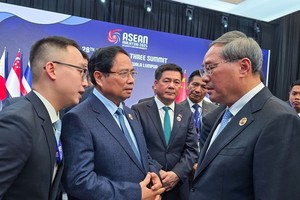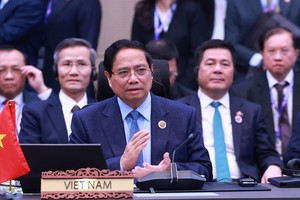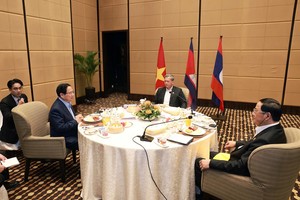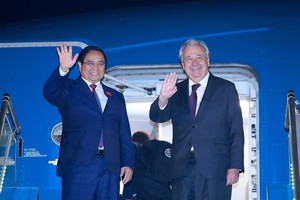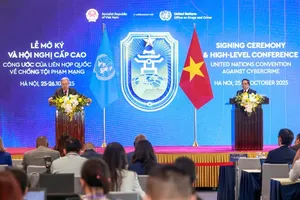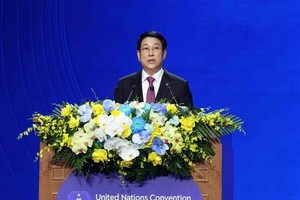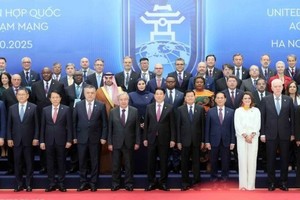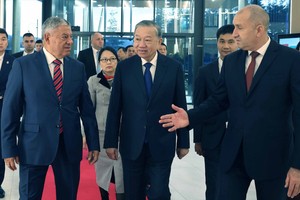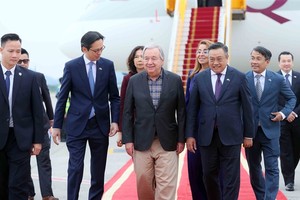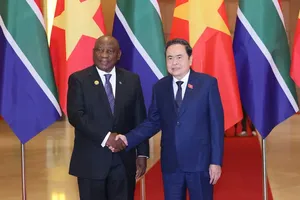Activists for women's rights in Saudi Arabia said its decision on Monday to keep a voting ban in place was "outrageous" at a time that Arab governments are taking steps to avert pro-democracy revolts.
The head of the electoral committee charged with preparing for next month's municipal polls said the kingdom was not ready to allow women to vote.
"We are not ready for the participation of women in these municipal elections," said Abdulrahman al-Dahmash, while at the same time renewing promises that authorities would allow women to take part "in the next ballot."
At a time of pro-democracy uprisings across the Arab world, Saudi Arabia, an absolute monarchy, announced last week that it is to hold municipal elections for only the second time, kicking off on April 23 from region to region.
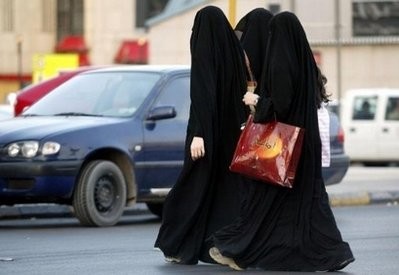
Monday's announcement, however, was "an outrageous mistake that the kingdom is committing. It's just repeating the same mistake of 2005," said Hatoon al-Fassi, a history lecturer at King Saud University in Riyadh.
The oil-rich Gulf state held its first men-only municipal polls in 2005, when Saudis elected half the members of 178 municipal councils across the previously elections-free kingdom.
The government in May 2009 extended the mandate of the councils by two years, postponing a second vote expected to have taken place that year.
Women in the conservative Muslim state were not allowed to run as candidates or to vote in the 2005 polls, a first for the highly-centralised monarchy where all government posts are appointed.
Women's rights activists have long campaigned to lift the many bans which deprive women in Saudi Arabia of what are considered basic freedoms in most parts of the world.
Saudi women are banned from driving and cannot travel without authorisation from their husband or a related male guardian. They have also to cover from head to toe in public.
"Banning women participation only perpetuates the stereotype of the kingdom being a state that oppresses women and constrains their freedom. A state that does not care about its female citizens," Fassi told AFP.
Fassi, a longtime leading women's rights activist in the kingdom, said the decision was "negative" at a time of uprisings in the Arab world demanding a wider political role for ordinary people.
"Changes surround us, but we face them with such a negative position... Burying our head in the sand is fruitless," she said.
King Abdullah has announced unprecedented economic benefits worth nearly $100 billion and warned against any attempt to undermine security in the country, largely spared by the Arab uprisings.
In late February, he already ordered social benefits worth an estimated $36 billion, mostly aimed at youth, civil servants and the unemployed.
However, Saudi activist Wajiha al-Hwaidar on Monday appeared to have resigned herself to the "oppression of women" in her country.
"I have grown used to the (attitude of) Saudi officials and women's oppression. All their decisions are disappointing," she told AFP, accusing the authorities of being out of touch with modern life.
"I know these mentalities that despise women... These men who run society still live in the pre-globalisation and pre-modernity times," she said.
But she said that women in Saudi Arabia were also to blame for their situation because they had failed to establish a strong movement to demand rights from the male-run government.
"Men are not going to voice women's demands on their behalf. There should be a real women's rights movement in the kingdom," she said, noting Western women had had to battle their way to equality.
Hwaidar, active in demanding the right to drive in the only country where women are not allow to sit behind the wheel, said that women had to act on the street and not just on the Internet.
"Women have to take to the street, or organise sit-ins. Otherwise, they will remain like cattle, herded" by men, she said.
Fassi said women activists would form their own "shadow councils" in response to the Saudi government's marginalisation of women and monitor the performance of male-only councils.
